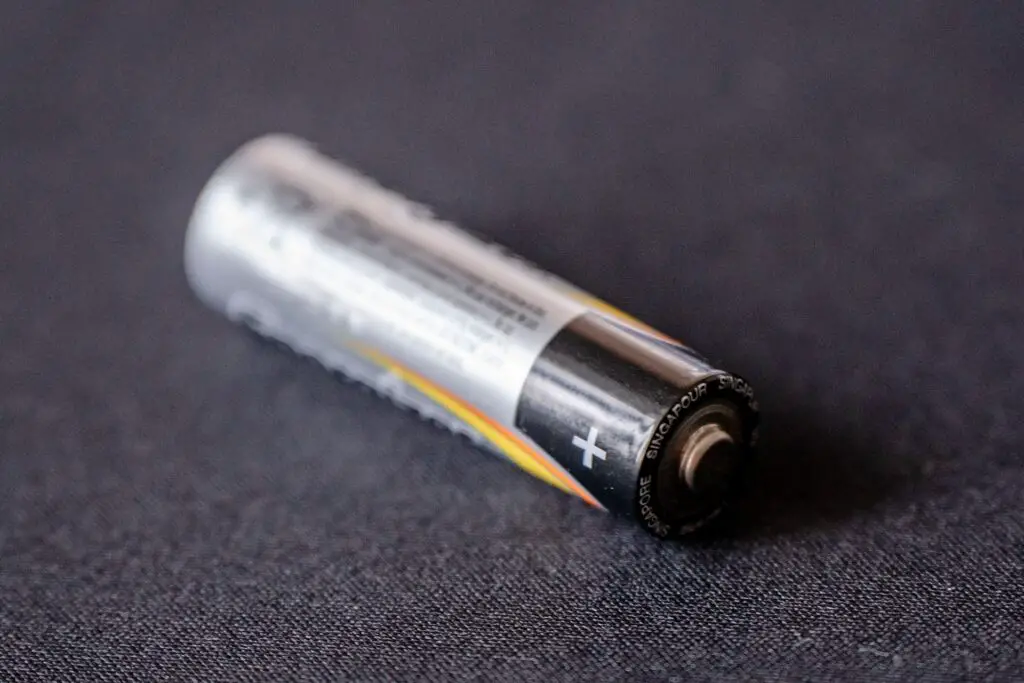With the rise of electric vehicles (EVs), electric car batteries have quickly become a hot topic—not just for their ability to power vehicles cleanly, but for what happens when these batteries reach the end of their lifespan. Given that an EV battery can weigh hundreds of pounds and contain various metals, many people wonder,
Are electric car batteries recyclable? The answer is yes, but the process is complex. Let’s break down how it works and what it means for the environment.
What Are Electric Car Batteries Made Of?
Electric car batteries are mostly lithium-ion, a type known for being lightweight and able to store high amounts of energy. These batteries contain valuable materials like:
- Lithium
- Nickel
- Cobalt
- Manganese
- Graphite
While these metals are crucial for battery efficiency and longevity, they’re also finite and require careful handling when it comes to disposal or recycling.
Why Recycle Electric Car Batteries?
Electric vehicle batteries are highly recyclable, with most components reclaimable and reusable in new batteries or other products. Here’s why recycling matters:
- Environmental Impact: Recycling reduces the need for mining raw materials, which can damage ecosystems and use massive energy resources.
- Conservation of Resources: The metals in EV batteries are finite, meaning the more we reuse, the less we need to extract.
- Waste Reduction: Without recycling, old batteries would pile up in landfills, potentially leaching toxic substances into the soil and water.
How Are Electric Car Batteries Recycled?
Recycling an EV battery is more complex than tossing it in a recycling bin. Here’s a look at the general steps involved:
1. Collection and Transportation
- Once a battery reaches the end of its useful life in a vehicle, it’s usually collected by the manufacturer or a certified recycling center.
2. Dismantling and Sorting
- The battery is dismantled, separating metals like copper, nickel, cobalt, and lithium from less valuable materials.
3. Shredding and Chemical Treatment
- Batteries are often shredded, and then treated chemically or thermally to isolate valuable metals. These metals can then be refined and reused.
4. Recovery and Repurposing
- Extracted materials are either used to create new EV batteries or repurposed in other industries, such as electronics and renewable energy storage.

The Challenges of Recycling EV Batteries
While the technology for recycling EV batteries is advancing, it’s not without challenges:
- Cost: The recycling process for lithium-ion batteries is currently expensive, often higher than the cost of mining raw materials. However, ongoing research is looking to bring these costs down.
- Efficiency: Extracting pure lithium and other elements is a complex task. Some methods can be only partially effective in separating all reusable materials.
- Transportation Risks: Transporting used batteries can be risky due to their potential for combustion if not handled properly, necessitating strict safety protocols.
What’s the Future of EV Battery Recycling?
As more EVs hit the road, the demand for battery recycling solutions is growing fast. The industry is seeing several promising trends, including:
- Investment in Recycling Infrastructure: Automakers and governments are investing in recycling plants specifically designed for lithium-ion batteries.
- Innovative Recycling Methods: Companies are developing new techniques, such as hydrometallurgical and direct recycling methods, to improve efficiency and reduce costs.
- Second-Life Applications: Some batteries that no longer perform well in cars are being repurposed for stationary energy storage, providing a longer life before recycling.
FAQ: Are Electric Car Batteries Really Recyclable?
Q: Can all parts of an EV battery be recycled?
A: Most components of lithium-ion batteries can be recycled, though some processes are better than others at extracting certain materials. Research is ongoing to improve these methods.
Q: How long do EV batteries last before needing recycling?
A: EV batteries typically last 8-15 years before their performance declines significantly. Even after that, they can often be repurposed for less demanding uses, like energy storage.
Q: Are there enough facilities to handle the recycling needs of future EVs?
A: Currently, the recycling infrastructure is limited but rapidly expanding. Automakers and third-party companies are building more recycling plants to keep up with demand.
Final Thoughts
Electric car batteries are indeed recyclable, though the process is complex and still evolving. Recycling not only helps conserve valuable resources but also reduces environmental impact, making it essential for the sustainable future of electric vehicles. As recycling technology advances, we’re likely to see even greater efficiency and a more sustainable lifecycle for EV batteries.
Chinedu Chikwem holds a National Diploma in Motor Vehicle Mechatronics from the Institute of Management and Technology (IMT), Enugu, in partnership with Anambra Motor Manufacturing Co. Ltd. Passionate about the automotive industry, he specializes in simplifying complex vehicle concepts and making both traditional and electric vehicle terminology accessible. With a solid foundation in automotive engineering, Chikwem is focused on becoming a leading electric vehicle manufacturer, driving innovation and shaping the future of mobility both across Africa and globally.
Discover more from Chikwem
Subscribe to get the latest posts sent to your email.